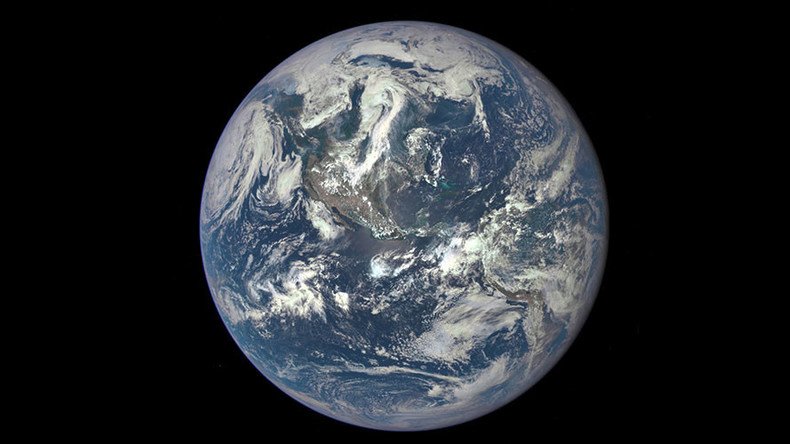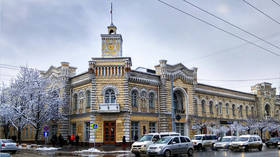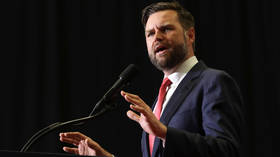‘By 2050 half the forms of life we know will be gone’ – conservation biologist

Humanity should start saving nature and switch to 80 percent renewables by 2030, otherwise the Earth will keep losing species, and within 33 years around 800,000 forms of life will be gone, conservation biologist Reese Halter told RT’s News with Ed.
Humans have changed the Earth so much that some scientists think we have entered a new geological age.
According to a report in the Science Magazine, the Earth is now in the anthropocene epoch. Millions of years from now our impact on Earth will be found in rocks just like we see fossils of plants and animals which lived years ago – except this time scientists of the future will find radioactive elements from nuclear bombs and fossilized plastic.
RT: Tell us about this new age.
Reese Halter: Yes. There are three things that come to mind. First of all, imagine you’re back on the football field. Each year in America - America alone - we throw away the equivalent of one football field, a 100 miles deep. That is the first thing. The second thing, we’ve entered the age of climate instability. That means from burning subsidized climate altering fossil fuels our food security is in jeopardy.
The third thing that is striking is we’re losing species a thousand times faster than in the last 65 million years. At this rate within 33 years, by midcentury – that means 800,000 forms of life, or half of everything we know will be gone. The only way we can reverse this is to two things: save nature now, our life support system, and we do this by switching to 80 per cent renewables by 2030. It is a WWIII mentality. In America we have the technology; we have the blueprint. We lack the political will just right now. But in the next short while we will, because it is a matter of survival.
RT: We’ve just gone through the hottest month on record. There is plenty of data out there to suggest that we truly are entering something our world has never seen in our lifetime. To brand it as a new geological age, what impact is that going to have?
RH: It’s got the impact that humans are here. As I said earlier, we’re talking a 160 percent more than mother Earth can sustain 7.4 billion people. The way to do it is to pull it back to 90 percent. If we were a big bathtub the ring will read: toxicity, toxicity, toxicity. We’ve got to peal that back, because what we do to the Earth, we do to ourselves.
The statements, views and opinions expressed in this column are solely those of the author and do not necessarily represent those of RT.












